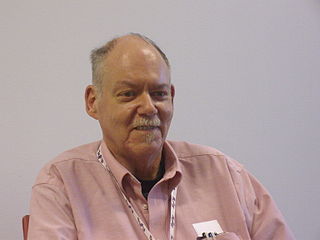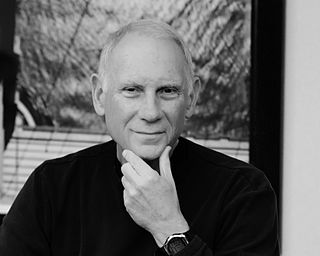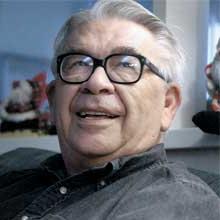A Quote by H. L. Mencken
The essence of self-fulfillment and autonomous culture is an unshakable egotism.
Quote Topics
Related Quotes
A self that is only differentiated - not integrated - may attain great individual accomplishments, but risks being mired in self-centered egotism. By the same token, a person who self is based exclusively on integration will be well connected and secure, but lack autonomous individuality. Only when a person invests equal amounts of psychic energy in these two processes and avoids both selfishness and conformity is the self likely to reflect complexity.
The two greatest enemies of the individual in the modern world are communism and psychiatry. Each wages a relentless war against that which makes a person an individual: communism against the ownership of property, psychiatry against the ownership of the self (mind and body). Communists criminalize the autonomous use of capital and labor, and harshly punish those who "traffic" in the black market, especially in foreign currencies. Psychiatrists criminalize the autonomous use of the self, and harshly punish those who "traffic" in self-abuse, especially in self-medication and self-destruction.
Egotism erects its center in itself; love places it out of itself in the axis of the universal whole. Love aims at unity, egotism at solitude. Love is the citizen ruler of a flourishing republic, egotism is a despot in a devastated creation. Egotism sows for gratitude, love for the ungrateful. Love gives, egotism lends; and love does this before the throne of judicial truth, indifferent if for the enjoyment of the following moment, or with the view to a martyr's crown--indifferent whether the reward is in this life or in the next.
These various forms appear different in shape and size, yet they are of a single essence. . . . The Sixth Patriarch called it "essence of Mind". . . Here the Third Patriarch calls it "timeless Self-essence." Bankei called it "unborn Buddha-mind." They all refer to the same thing: Buddha-nature, true self. This essence is not born and can never die. It exists eternally. Some call it energy; others call it spirit. But what is it? No one knows. Any concept we have of what it is can only be an analogy. . . .





































